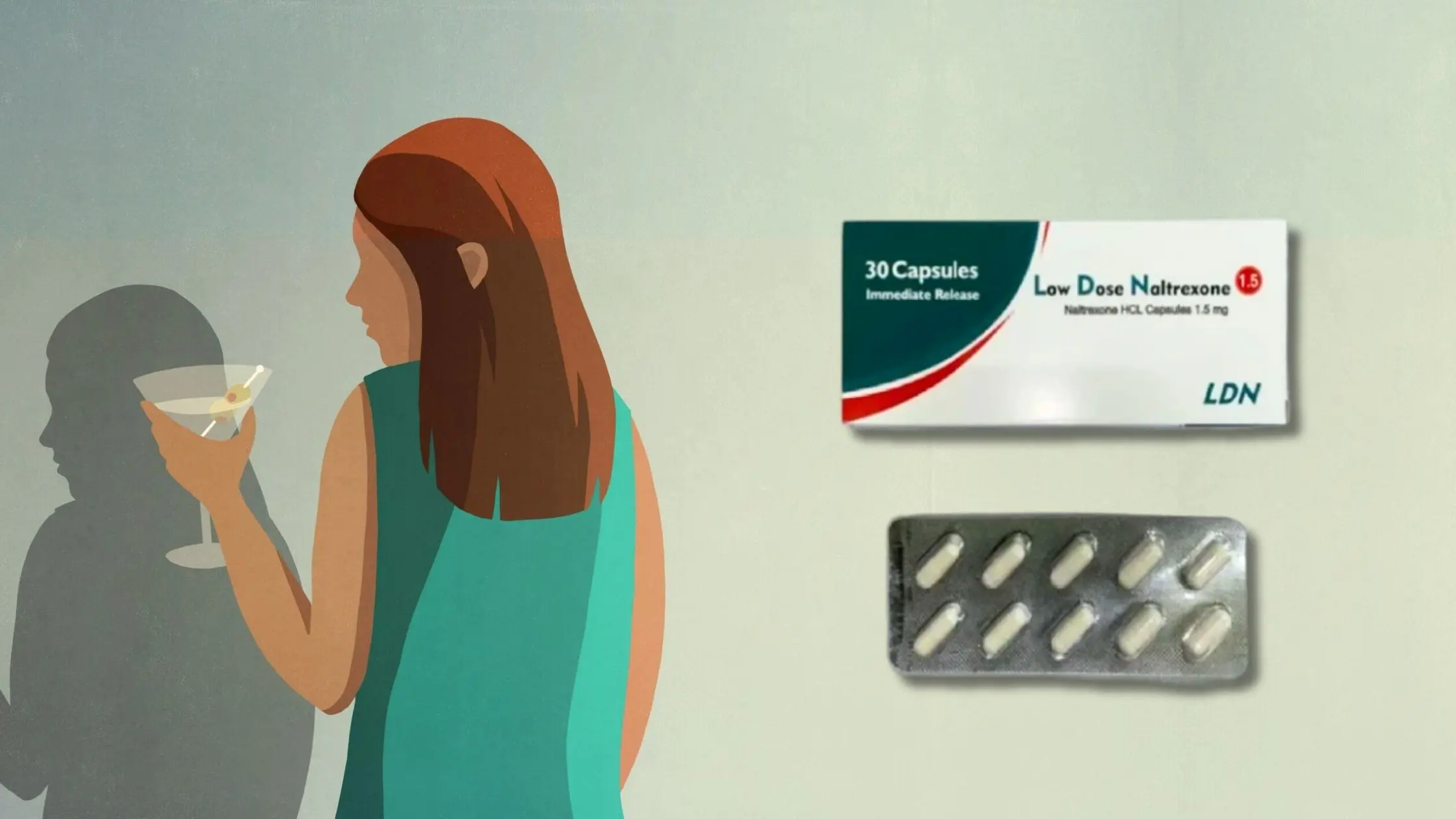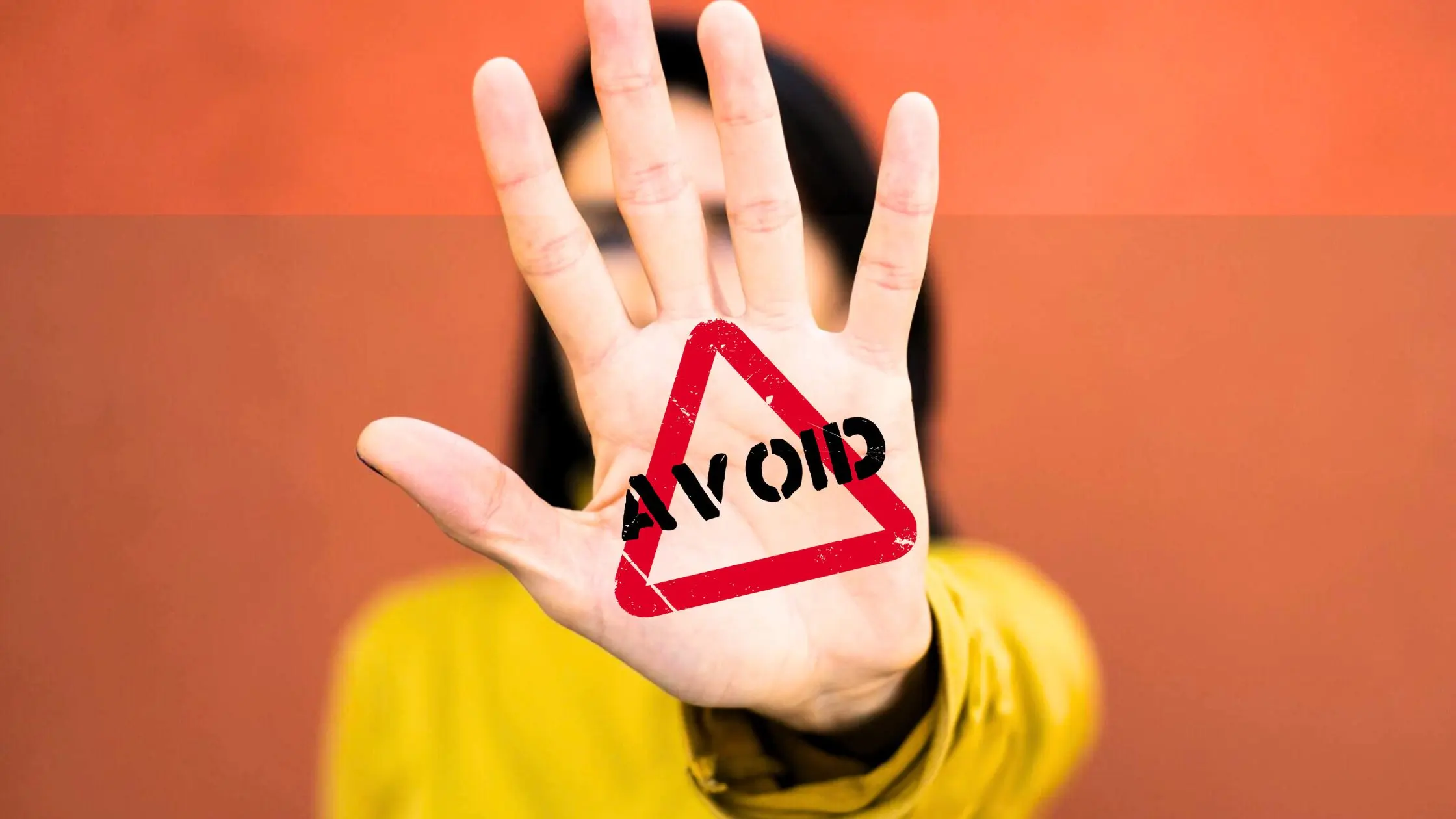Low Dose Naltrexone (LDN) is an emerging therapy that has demonstrated benefits for various chronic illnesses at well-tolerated dosages with few side effects. However, because LDN blocks opioid receptors, it’s imperative to avoid specific medications when using it. This article will cover everything you need to know about LDN treatment.
What is Naltrexone?
Naltrexone is typically prescribed at 50mg-100mg daily doses as part of addiction and alcohol dependence treatment programs. It works by firmly binding and blocking special sites in the brain called opioid receptors. This prevents users from feeling euphoric effects if they try to use opioids or alcohol.
What is Low Dose Naltrexone?
Low dose naltrexone (LDN) refers to taking approximately 1/10th of the standard dosage, around 4.5mg per day. At this low dose, naltrexone seems to have different effects in the body that may be beneficial for conditions like chronic pain, inflammation, autoimmune disorders, and even depression.

Low Dose Naltrexone Dosage
The standard naltrexone dosage for addiction and alcohol dependence treatment is between 50mg to 100mg taken daily. This dosage completely blocks opioid receptors for 24 hours to reduce drug and alcohol cravings. The effects wear off over a day or two if it’s discontinued.
The common LDN dosage is between 1mg and 5mg per day, with 4.5mg being the most typical amount. The low dose produces short-lived opioid receptor blockade for a few hours before it’s eliminated from the body. This prompts the brain to compensate by producing more natural opioids like endorphins.
How Does Low Dose Naltrexone Work?
It’s believed LDN helps through two main mechanisms:
What to Avoid When Taking LDN?
Because naltrexone blocks opioid receptors, it’s critical to avoid all other opioid medications when using LDN. Taking them together leads to severe withdrawal symptoms. It’s vital to avoid:
In addition, inform your doctor about any history of opioid use. They may recommend passing a naloxone challenge test to confirm you have no remaining opioids already in your system beforehand.
Benefits of Low Dose Naltrexone
Research suggests LDN can offer symptom relief and improvements for a variety of conditions:
Can Low Dose Naltrexone Help With Depression?
A few small pilot studies specifically suggest LDN holds promise as an alternative depression treatment for cases that have not responded to standard medications. Participants reported improvements in overall mood, depression severity, and quality of life.
Additionally, LDN is inexpensive, has minimal side effects beyond some initial sleep disruption, and seems to be well tolerated overall.
Does LDN Cause Weight Loss?
Some early evidence shows that naltrexone may have appetite-suppressing and weight-loss effects at lower doses than those used for addiction treatment. A specific combination tablet containing 8mg of naltrexone plus 90mg of bupropion called Contrave is FDA-approved for chronic weight management in overweight and obese patients with weight-related conditions like diabetes.
In clinical trials, 36% to 48% of participants taking Contrave lost at least 5% of their total body weight over 1 year of treatment. This dosage of 8mg naltrexone is higher than amounts typically used for low dose naltrexone (LDN) but much less than the 50-100mg doses used for combatting opioid or alcohol dependence.
While the exact effects of LDN specifically on metabolism and weight are still being investigated in further studies, weight gain does not seem to be a reported side effect of LDN therapy.
Low Dose Naltrexone for Other Diseases
Small preliminary research trials have discovered encouraging outcomes for utilizing low dose naltrexone as a treatment for several chronic health disorders. These include reductions in pain, fatigue, and gastrointestinal inflammation for fibromyalgia, Crohn’s disease, chronic back pain, and complex regional pain syndrome.
Additional benefits include improved quality of life and emotional well-being for multiple sclerosis, reduced thyroid autoimmunity in Hashimoto’s disease, and enhanced mood in depression.
These initial pilot studies support further investigation through more robust long-term trials with larger patient sample sizes to better evaluate efficacy. The early findings suggest therapeutic potential for LDN in helping manage symptoms across an array of chronic illnesses.
Conclusion
When taking low dose naltrexone, it’s essential to avoid all opioids for 7-10 days beforehand and inform your doctor about any history of opioid use. Though more extensive research is still required, especially on long-term use, LDN therapy seems to be a promising treatment option for certain chronic illnesses, pain conditions, low mood, and autoimmune disorders that deserve greater attention.
Frequently Asked Questions
The long-term effects of continual LDN use are still under investigation. However, naltrexone taken daily has been studied for addiction treatment for many years seemingly without substantial issues. This suggests LDN would likely demonstrate an acceptable long-term safety profile as well.
A few very small trials indicate LDN improved fatigue, brain fog, headaches, and gastrointestinal issues for some patients with long COVID. Additional research is underway to verify if LDN could be a viable treatment for persisting post-viral symptoms.

